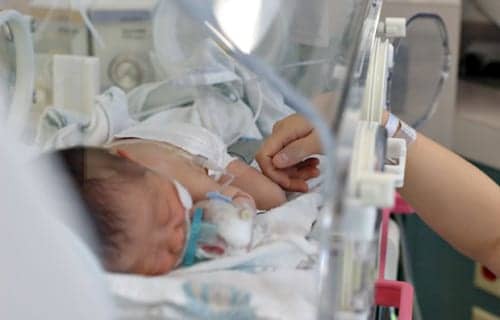Laparoscopic surgery
Laparoscopic surgery, commonly referred to as minimally invasive surgery, is a type of surgery that makes small incisions inside the body and employs specialised tools to carry out internal treatments. A laparoscope, a tiny camera that allows the surgeon to look within the body, is inserted into the patient’s skin through tiny incisions during laparoscopic surgery.
Why Choose Green City Hospital for Laparoscopic surgery?
Experienced surgeons: Green City Hospital have a team of experienced laparoscopic surgeons who are skilled in performing these procedures with a high level of expertise and precision.
Comprehensive care: Green City Hospital offer comprehensive care, including preoperative evaluation, surgery, postoperative care, and rehabilitation, to ensure that patients receive the best possible outcomes.
Patient-centered approach: The hospital may prioritize a patient-centered approach, which involves working closely with patients to understand their unique needs and preferences and tailoring treatment plans accordingly.





